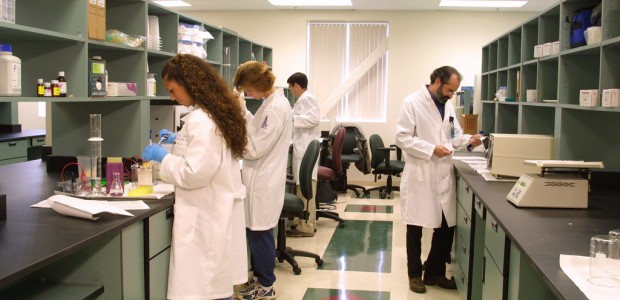According to a recent ABC News story, a new experimental drug being tested in a number of clinical trials around the country have given both doctors and patients new optimism in the battle against certain types of cancer. The drug, called Vernuraferib, is being used in several experimental trials across the United States. Doctors have discovered that certain types of lung cancer and melanoma are caused by genetic mutations within the patient’s DNA which this drug specifically targets.
Melanoma patients who were undergoing chemotherapy were given this drug, and no longer needed additional treatment. Melanoma is the most common form of cancer, with roughly 70,000 new cases diagnosed each year. Vernuraferib is expected to ease the suffering and worry of nearly 1 million cancer patients across the nation. The drug was recently presented at the American Society of Clinical Oncology’s annual meeting and earned high praise from both medical professionals and the patients who have agreed to try it. In initial trials, patients with advanced melanoma were given the drug twice a day. Six months later, more than 80 percent of those patients were still alive.
If the drug continues to perform well in clinical trials, doctors believe that the medication will be the new standard course of treatment for cancer patients, virtually eliminating the need for chemotherapy. This is obviously great news for patients, who can expect to add literally a few months’ worth of precious time back to their lives—time that would not be spent sitting in an oncologist's office for hours each day, receiving life-sustaining but physically grueling treatments. Across the board, patients who have agreed to be a part of the trial—even those with highly-advanced forms of cancer—feel they have been given a new lease on life. The news story didn’t say if Vernuraferib would be used to treat other forms of cancer, but melanoma patients seem to be thrilled with its results thus far.
